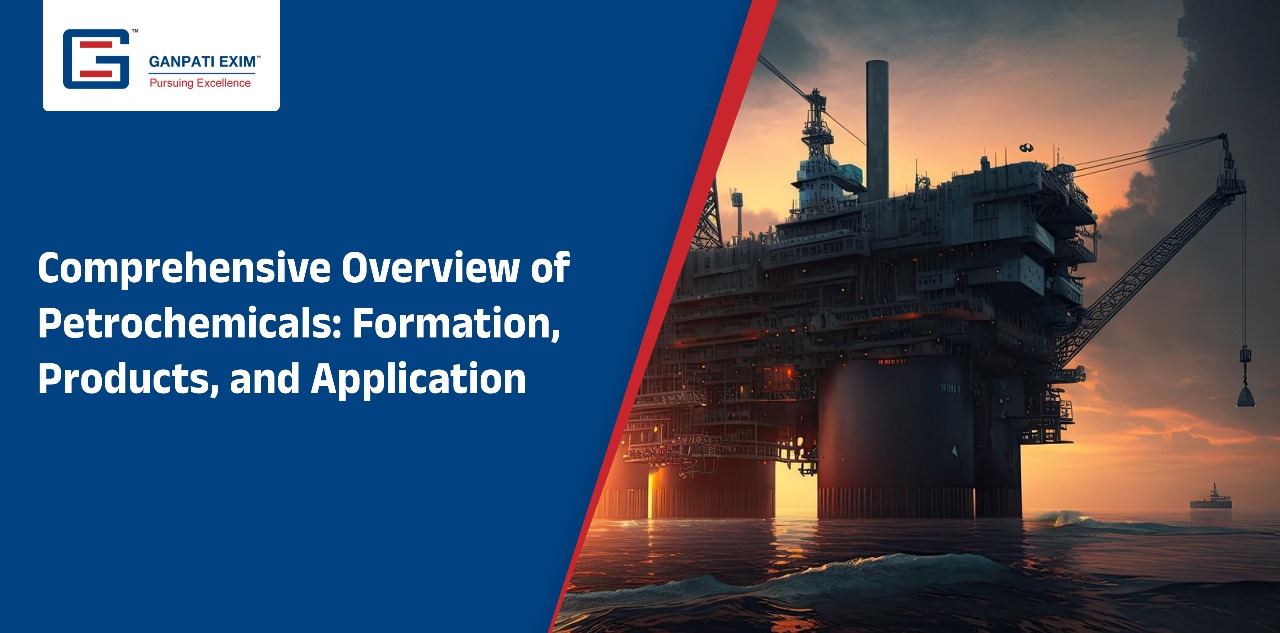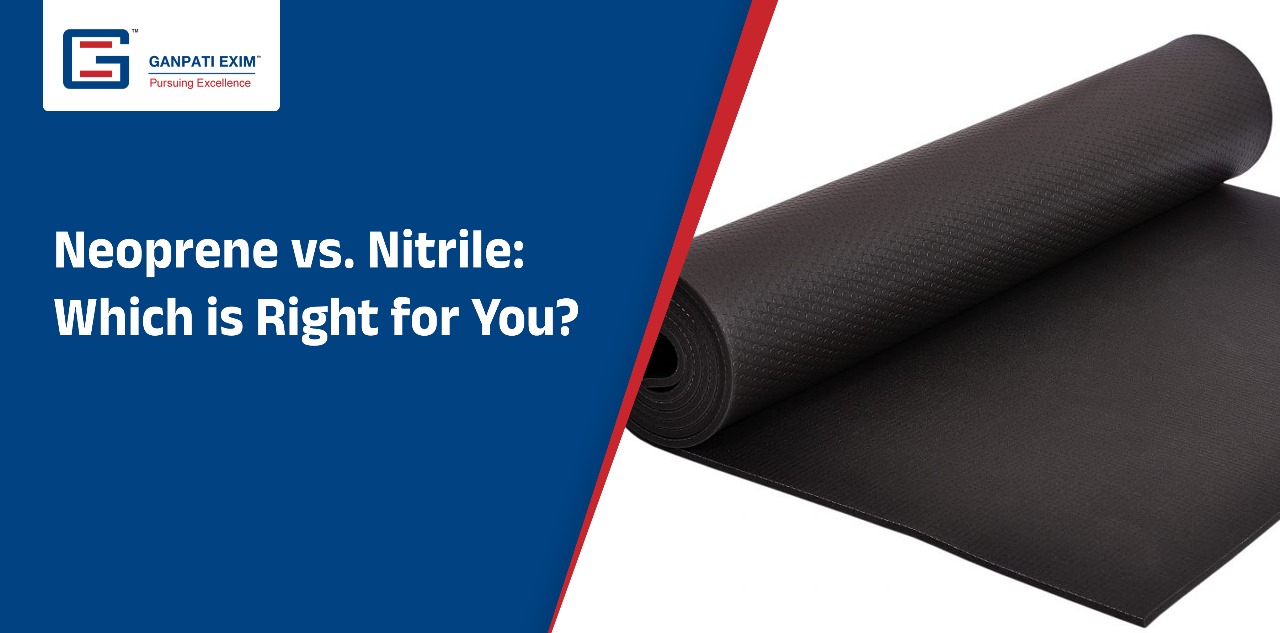
Understanding Petrochemicals: Formation, Products, and Uses
What Are Petrochemicals? How Are Petrochemicals Formed?
Petrochemicals are chemical compounds derived from petroleum (crude oil) and natural gas. These substances serve as the building blocks for a wide array of products integral to modern life. The petrochemical industry is a cornerstone of global manufacturing and economic development, supplying raw materials for various sectors.
The formation of petrochemicals begins with the extraction of crude oil and natural gas. These raw materials are then transported to refineries and petrochemical plants, where they undergo complex chemical processes.
Formation of Petrochemicals
Petrochemicals are primarily obtained through the process of refining crude oil and natural gas. The refining process involves several stages:
- Distillation: Crude oil is heated in a furnace and then passed through a distillation column, separating it into different components or “fractions” based on their boiling points.
- Cracking: The heavier fractions are subjected to cracking, where large hydrocarbon molecules are broken down into smaller, more useful molecules. This can be achieved through thermal cracking (using heat) or catalytic cracking (using catalysts).
- Reforming: This process restructures the molecular composition of hydrocarbons to produce desired chemicals, such as aromatics.
- Separation and Purification: The resulting chemicals are further separated and purified to yield pure petrochemicals.
A feedstock is a raw material that is used to make a useful product in an industrial process. Natural gas liquids and naphtha that is created from crude oil during the refining process are used as feedstocks to manufacture a wide variety of petrochemicals such as methanol, ethylene, propylene, butadiene, benzene, toluene and xylenes.
Key Products Made From Petrochemicals
The versatility of petrochemicals is evident in the vast array of products they help create. Here are some of the key products derived from petrochemicals:
- Plastics: Polyethylene, polypropylene, PVC (polyvinyl chloride), and polystyrene are some of the most common plastics made from petrochemicals. These materials are used in packaging, construction, automotive parts, and household items.
- Synthetic Fibers: Petrochemicals are essential in producing synthetic fibers such as polyester, nylon, and acrylic, which are used in clothing, carpets, and upholstery.
- Rubber and Elastomers: Synthetic rubber, used in tires and various industrial applications, is derived from petrochemicals.
- Solvents: Petrochemical-derived solvents, like toluene and xylene, are used in paints, coatings, and cleaning agents.
- Detergents and Surfactants: Many cleaning products, detergents, and personal care items contain surfactants made from petrochemicals.
- Pharmaceuticals: Petrochemicals are crucial in the production of numerous pharmaceuticals, including aspirin, antibiotics, and other medications.
- Fertilizers: Ammonia, derived from natural gas, is a key component in the production of fertilizers, supporting global agriculture.
- Additives: Petrochemicals are used as additives in lubricants, fuels, and other products to enhance their performance and stability.
- Rubber Processing Oil: Rubber Processing Oil (RPO) is a petroleum-derived oil used in rubber manufacturing. It blends aromatic and aliphatic hydrocarbons from crude oil refining.
- Paraffin Wax: Paraffin Wax, a mineral wax from petroleum, consists of saturated hydrocarbons. It is a soft, colorless to white solid at room temperature with a low melting point, used in various industries.
- Slack Wax: Slack Wax is a crude wax from petroleum refining. It is a semi-solid to solid mixture of paraffin wax, oil, and impurities at room temperature.
How Petrochemicals Are Used – Products of the Petrochemical Industry
Petrochemicals find applications in almost every aspect of modern life. Here are some ways in which they are utilized across various industries:
- Healthcare: The medical field relies heavily on petrochemicals for the production of pharmaceuticals, medical devices (such as syringes and IV bags), and personal protective equipment (PPE).
- Agriculture: Fertilizers, pesticides, and herbicides, which are vital for modern agriculture, are made from petrochemicals. These chemicals help increase crop yields and ensure food security.
- Construction: Petrochemical products like plastics, adhesives, and sealants are extensively used in construction. PVC pipes, insulation materials, and paints are just a few examples.
- Transportation: The automotive industry uses petrochemical-based materials for manufacturing tires, interior components, and lightweight composite materials. Additionally, fuels derived from petrochemicals power vehicles and aircraft.
- Electronics: Many electronic devices, including smartphones, computers, and televisions, contain components made from petrochemicals. These materials provide insulation, durability, and functionality to electronic products.
- Consumer Goods: Everyday items such as clothing, footwear, toys, and household appliances are often made from or contain petrochemical-derived materials.
- Energy: Petrochemicals play a role in the energy sector beyond fuel. They are used in the production of solar panels, wind turbine blades, and batteries, contributing to renewable energy technologies.
Conclusion
The petrochemical industry is integral to the global economy, providing essential materials for a wide range of products and applications. From healthcare to transportation, construction to consumer goods, petrochemicals are the unseen backbone of modern society. Understanding their formation, the products derived from them, and their diverse uses helps appreciate the pivotal role they play in enhancing our quality of life. Ganpati Exim offers an extensive selection of petrochemical products such as rubber processing oil, paraffin wax, and slack wax. This comprehensive range caters to diverse application requirements, enabling customers to enhance their products with high-quality petrochemical options. By prioritizing quality at every stage, Ganpati Exim continues to uphold its reputation as a trusted supplier of premium quality petrochemicals, meeting the diverse needs of industries with precision and excellence.

